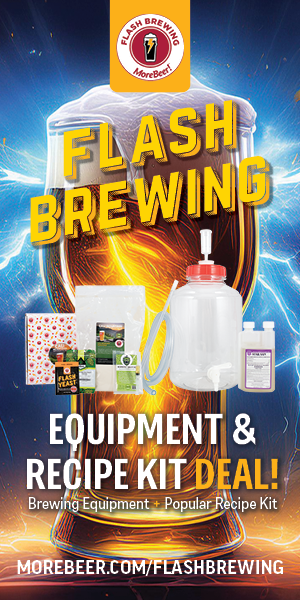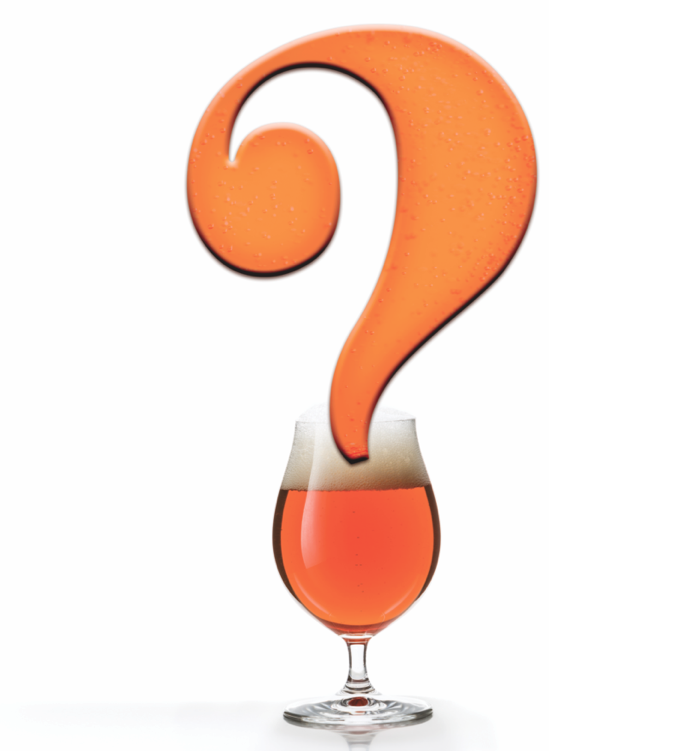Plate Chillers
Q: I have been thinking of buying a plate chiller for the last year for a few reasons: 1) it takes less time to chill the wort than my current copper wort chiller, and 2) it uses less water. So I believe there are two main options when buying one; either a closed plate chiller which cannot be taken apart or a design that can. What are the ups and downs of the two and how do you go about cleaning them to ensure the precious wort is bug free?
— Rossa O’Neil • Dublin, Ireland
A: This is a good question in that there is not a single answer. The company that puts bread on my table manufactures plate heat exchangers, among many other things stainless, and we also use brazed plate heat exchangers for certain purposes in some of the processing systems we manufacture. In heat exchanger lingo a plate heat exchanger, often referred to simply as a PHE, is made of plates where the cooling or heating medium is on one side of the plate and the product is on the opposite. In many applications it is desirable to be able to dissemble the PHE for maintenance, inspection and/or cleaning. When this functionality is required the units are bolted together and the plates separated by gaskets.
Another type of PHE is the brazed plate heat exchanger. These are typically used where disassembly is not required or the added cost required to make the unit serviceable is not worth the money. Brazed PHEs are normally used for simple utility duties where there is not “clean” product involved. For example, if you want to heat water with steam and use the hot water in a secondary heating application the brazed PHE is a decent choice.
When our customers are heating or cooling a food product, a PHE designed to be disassembled is the go-to heat exchanger. Typical examples include wort cooling, beer cooling, wine attemperation, hot water production using steam, solution heating in CIP (clean-in-place) systems and flash pasteurization units.
Brazed plate heat exchangers are cheaper, however, the problem with the brazed PHE is that you cannot disassemble the unit and this makes some people uncomfortable. On the other hand, the brazed PHE has become quite popular for homebrewers because they are available in small sizes and they are priced to fit the homebrewing budget. While I would never sell one of these units to a commercial brewer for wort cooling, I would recommend them, with caution, to a homebrewer.
The biggest problem with PHEs in general is that solids can become trapped within the plate pack. When wort coolers collect solids things can be a problem because, as you state, microorganisms can (and do) grow. When this occurs the wort cooler becomes a wort contaminator.
So what is a homebrewer to do? If you have the funds and really don’t mind spending the extra money, a small PHE designed to be taken apart is my first recommendation.
If you choose to purchase a brazed PHE I strongly advise putting some sort of coarse filter in front of the unit to trap bits of hops and trub. This can be something as simple as a section of stainless steel scrubby pad on the inlet of your wort siphon or on the outlet of your kettle if you have a valve.
After use I would clean the unit by thoroughly rinsing it with water and then I would “pack” the unit with a 2–3% solution of sodium hydroxide (commonly known as lye or caustic) or a less alkaline cleaner, such as Powdered Brewery Wash (PBW). Allow the cleaner to sit in the PHE for at least an hour before rinsing. This will help to remove protein soils that form films on stainless steel surfaces. As with all cleaners it is important to exercise caution at home.



